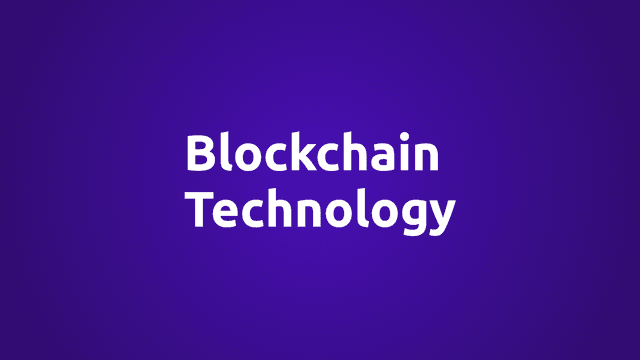How does blockchain technology benefit the healthcare sector

Introduction:
Blockchain technology has the potential to revolutionize the healthcare sector, addressing critical challenges related to data security, interoperability, and patient privacy. In this article, we will explore the benefits of using blockchain in healthcare, including improved data integrity, enhanced security, streamlined processes, and patient-centric care. By the end, you'll have a clear understanding of how blockchain can transform the healthcare industry.
1. Improved Data Integrity and Interoperability:
Blockchain technology ensures the integrity and interoperability of healthcare data. Here's how it benefits the healthcare sector:
-
Tamper-proof Records: Blockchain provides an immutable and tamper-proof ledger for storing patient health records, clinical trials data, and other healthcare information. This ensures the integrity and trustworthiness of the data.
-
Interoperability: Blockchain enables seamless data exchange and interoperability among healthcare providers, clinics, laboratories, and other stakeholders. This facilitates secure and efficient sharing of patient data, leading to better care coordination and improved treatment outcomes.
2. Enhanced Security and Privacy:
Blockchain enhances the security and privacy of healthcare data, safeguarding sensitive patient information. Here's how it benefits the healthcare sector:
-
Decentralized Storage: Instead of storing data in a central server, blockchain distributes data across a network of nodes. This eliminates the single point of failure and reduces the risk of data breaches or unauthorized access.
-
Encryption and Access Control: Blockchain employs advanced encryption techniques to protect patient data, ensuring that only authorized individuals can access and view specific information. This strengthens patient privacy and compliance with data protection regulations.
3. Streamlined Processes and Efficiency:
Blockchain streamlines administrative processes in healthcare, reducing paperwork, redundancies, and costs. Here's how it benefits the healthcare sector:
-
Smart Contracts for Automation: Blockchain enables the use of smart contracts to automate and streamline various healthcare processes, such as insurance claims, medical billing, and supply chain management. This reduces administrative overhead and improves efficiency.
-
Real-time Access to Patient Data: With blockchain, healthcare providers can access up-to-date and accurate patient data in real-time, eliminating the need for manual data reconciliation and reducing delays in care delivery.
4. Patient-centric Care and Empowerment:
Blockchain technology empowers patients by giving them greater control over their health data and facilitating patient-centric care. Here's how it benefits the healthcare sector:
-
Patient Data Ownership: Blockchain allows patients to have ownership and control over their health records. They can grant access to healthcare providers as needed, ensuring transparency and facilitating personalized care.
-
Incentives for Data Sharing: Blockchain introduces the concept of data monetization and incentivizes patients to share their health data for research purposes. Patients can choose to contribute their anonymized data and receive rewards or tokens, fostering a more participatory approach to healthcare.
Conclusion:
Blockchain technology holds immense promise for the healthcare sector, offering improved data integrity, enhanced security, streamlined processes, and patient-centric care. As blockchain continues to mature, we can expect it to play a vital role in transforming healthcare systems, enabling secure and interoperable data exchange, and empowering patients to take an active role in their own